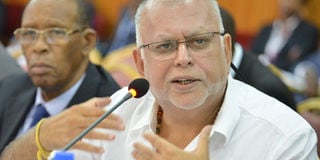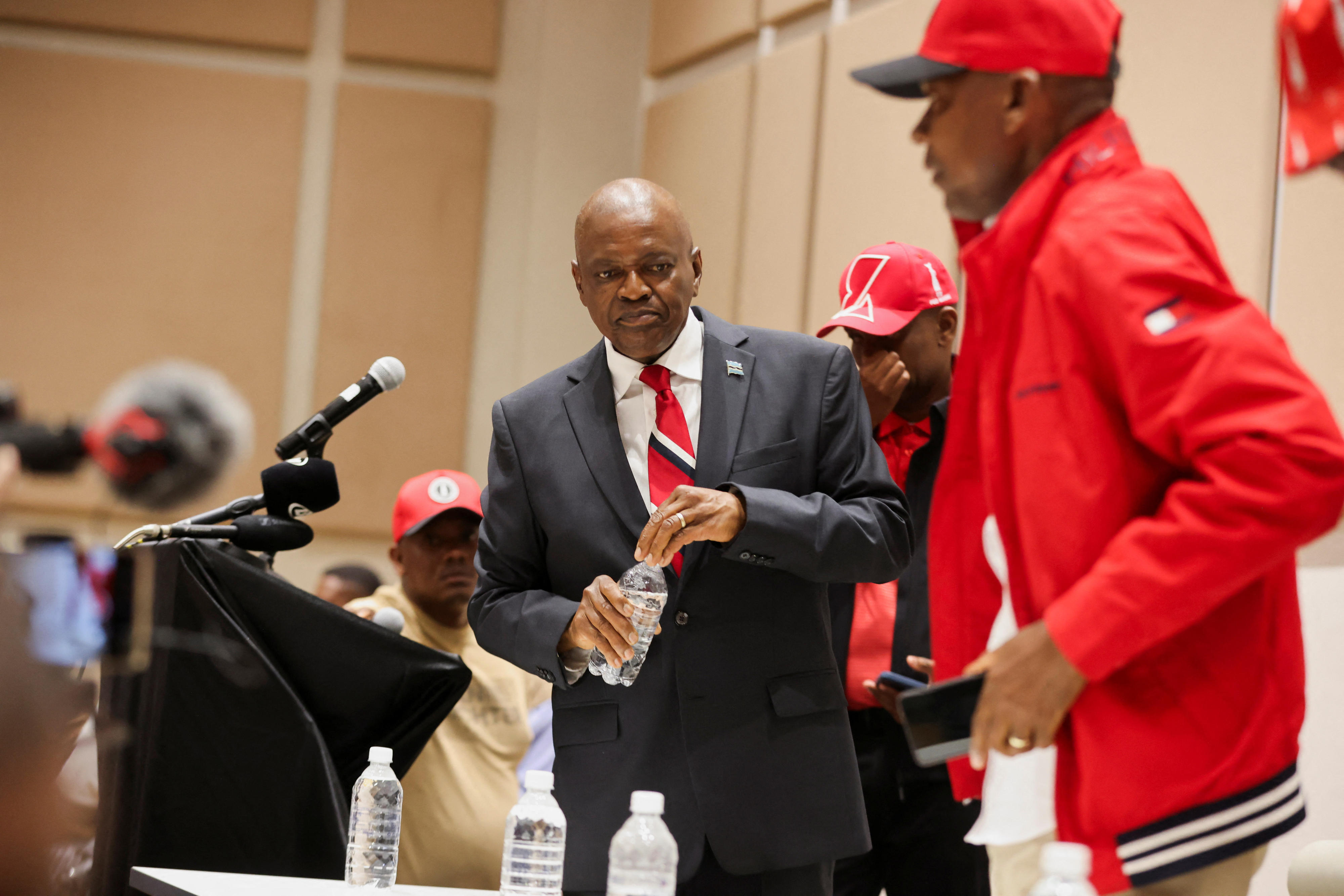London Court dismisses application to deposit security of costs in Crane Bank case

Sudhir Ruparelia
What you need to know:
- The purpose of depositing the security of costs by Crane Bank and its shareholders was that in case they lost the ongoing case in London of about Shs825b, there would be a fallback.
The High Court of Justice Business and Property of England and Wales King's Bench Commercial Division, has dismissed an application by dfcu Bank in which it had sought to compel Crane Bank to deposit security of costs in the court.
The purpose of depositing the security of costs by Crane Bank and its shareholders was that in case they lost the ongoing case in London of about Shs825b, there would be a fallback.
However, in his preliminary ruling, presiding judge Stephen Hofmeyr KC, held that Crane Bank and its shareholders including businessman Sudhir Ruparelia, had demonstrated to court their financial ability to pay costs of the suit just in case they lost the legal battle to dfcu Bank, hence no need to direct them to first deposit the security of costs in court.
“Whilst it is theoretically true that there is no certainty as to the future value of his assets (Mr Ruparelia’s assets), the same could be said of any party and any assets. Further, given the extent of the second claimant’s wealth, it would only be in extraordinary circumstances that his assets would be depleted by the end of these proceedings that he would not be in a position promptly to pay any costs order made against him at the end of the trial,” ruled Justice Stephen on October 30.
Adding: “It is contended that the second claimant’s assets are inaccessible because some are illiquid and some are co-owned. On the evidence before me, I do not find the submission compelling. The evidence satisfies me that there is good reason to believe that the second claimant (Mr Ruparelia) will be able to pay the defendants’ costs promptly if ordered to do so. None of these six contentions undermine the conclusion to which I have come based on the totality of the evidence. I remain satisfied that if a costs order were to be made against the claimants, the second claimant (Mr Ruparelia) would be able to pay it promptly. For the reasons I have given, the applications for security are dismissed.”
The London case is between Crane Bank Ltd, Mr Ruparelia, Ms Jyostsna Ruparelia, Ms Meera Ruparelia, Mr Rajiv Ruparelia, Mr Tom Mugerwa and Ms Sheena Ruparelia against dfcu Bank Ltd, dfcu Ltd, Mr Jimmy Mugerwa, Mr Juma Kisaame, Mr William Sekabembe, CDC Group PLC, Norfinance AS, Rabo Partnership BV, Mr Stephen Caley, Mr Michael Alan Turner, Mr Albert Jonkergouw, Mr William Cramer, Mr Ola Rinan and Mr Deepak Malik.
The dismissal of the application for the security costs now sets the ground for the hearing of the main case at a later date in London.
Court documents show that this dispute concerns events that took place in relation to the takeover, closure, and sale of the assets and liabilities of Crane Bank, which was a major local bank in Uganda by the Central Bank.
Crane Bank and its shareholders contend that from 2016, senior Ugandan government officials and officials from Bank of Uganda engaged in a corrupt scheme to take control of Crane Bank, by making the improper use of the statutory and regulatory powers to do so, and then sell its assets for their benefit.
Further, the court documents show that dfcu Bank allegedly joined the corrupt scheme as the purchaser of Crane Bank’s assets from the Central Bank, acting as its receiver, with the purchase being at a gross undervalue.



